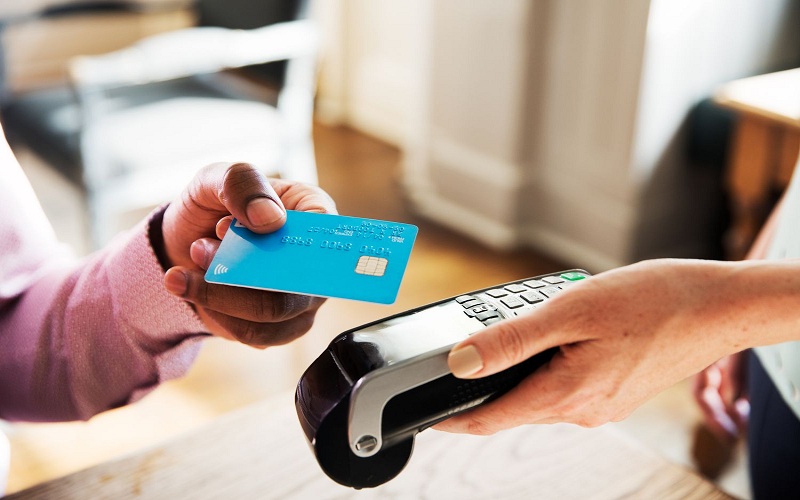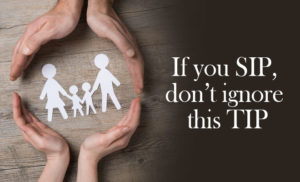How to ControlImpulse Buying Once and For All
Spur of the moment purchases are prevalent. They occur after you’ve failed to plan for items in advance and instead buy them when you’re irrational and emotional. The engine of this phenomenon is driven by several factors, such as advertising, peer pressure, and the willingness to have things now.
Here’s how;
1. Recognizing Triggers
What impedes crisis shopping is the realization of impulse buying factors that evoke it. They are emotional, situational, or environmental stimulants. Case in point, the desire to feel soothed off, stress, or excitement may make individuals go shopping, and substantial mannequin signs may cause you to make impulsive or unplanned purchases.
2. Creating Awareness
Recognizing and familiarizing yourself with your spending patterns is the beginning of cutting back on impulsive choices. Watch your buying habits, define your tendencies, and think about the motivations behind your every purchase. The acquired mindfulness lets you recognize that you are about to make a quick decision and gives you a chance to think about it after the break.
3. Setting Clear Goals
Setting personal budgeting goals helps to focus and remember where one is going and why one must avoid lustful shopping. For instance, while saving for a trip, settling debt with low-interest balance transfer cards, or building an emergency fund, you as an individual will even have the motivation of the specific objectives to go long-term financially instead of short-term financial problems.
4. Utilizing Low-Interest Balance Transfer Cards
The low-interest balance transference credit cards help maintain a fixed expenditure. Low-interest balance transfer cards are a beneficial aid in managing previous debt and preventing reoccurring impulsive purchases. The postponement of debt services and a reduction in the finance charge result from transferring high-interest debt into a single card with a lower interest rate. On top of that, as the consumer takes on less debt, the resulting reduced interest charge puts more cash in their pocket, which might be saved or consciously spent on items that have been previously planned for.
5. Budgeting Wisely
Last but not least, creating a budget and sticking to it are the main points of how to stop impulse spending. Split the budget between necessities for living, put money in a savings account, and spend it for any pleasure (discretionary expenses) in case of leftover funds. Lowering the percentage of impulse purchase resources makes you think wisely about your priorities and what you can do tomorrow in follow-up to today.
6. Practicing Delayed Gratification
Learning to be patient and not indulge in impulse buying to distract from facing a negative emotion is a powerful skill. If you experience an addiction to immediate purchases, which is strong, put off a 24-hour period before you make it. During this period, ask yourself whether the item is something you need or is a ‘saying good-bye’ to a temporary temptation. However, in most cases, the desire subsides, making you consider whether the item is essential.
7. Avoiding Temptations
Master how to stop impulse spending and reduce exposure to the situations that irrationally spur you to make unnecessary impulse purchases. Block promotional emails, turn off store newsletters, and unsubscribe from retailers on social media. In addition, endeavor to only go to the mall or online retailers if you are sure what you need.
8. Finding AlternativeCoping Mechanisms
Rather than train your mind to rely on shopping as a coping strategy for stress or monotony, switch to healthier options. Consider doing things like jogging, meditating, practicing favorite hobbies, or visiting with friends/family members. From taking a walk outside to going for a bike ride in the morning, these alternatives will help you avoid impulsive cravings and, most importantly, create positive emotions, making you feel happier.
Key Takeaway
Aim for no impulse purchases by questioning every purchase, refusing temptation, and rethinking our way of shopping. Through learning about triggers, planning objectives, managing budgets, and enjoying high living, individuals manage their finances well enough to live the most deliberate and gratifying life possible. Also, know that this problem can be combated little by little; with great effort, you will find that the answer is no longer only possible in your imagination; it’ll be the reality you live each day.


